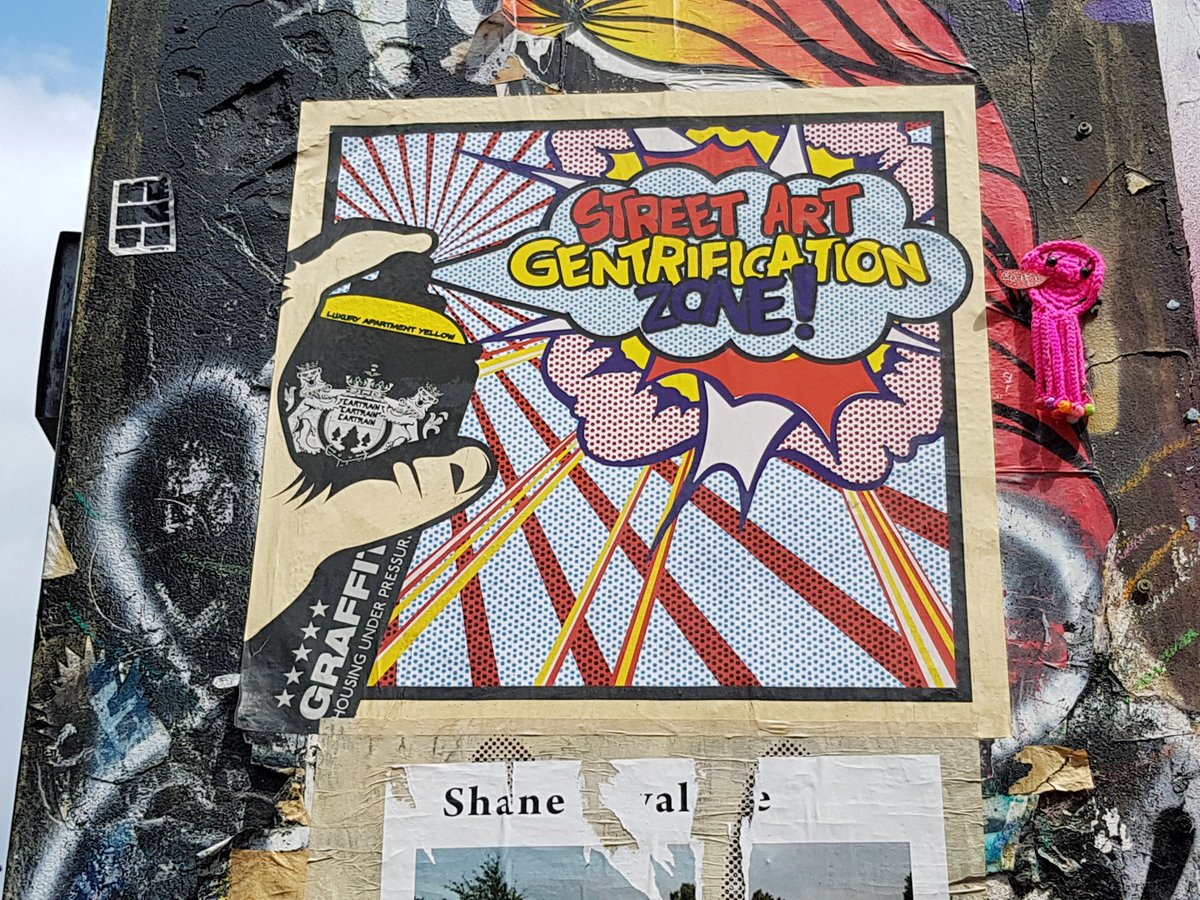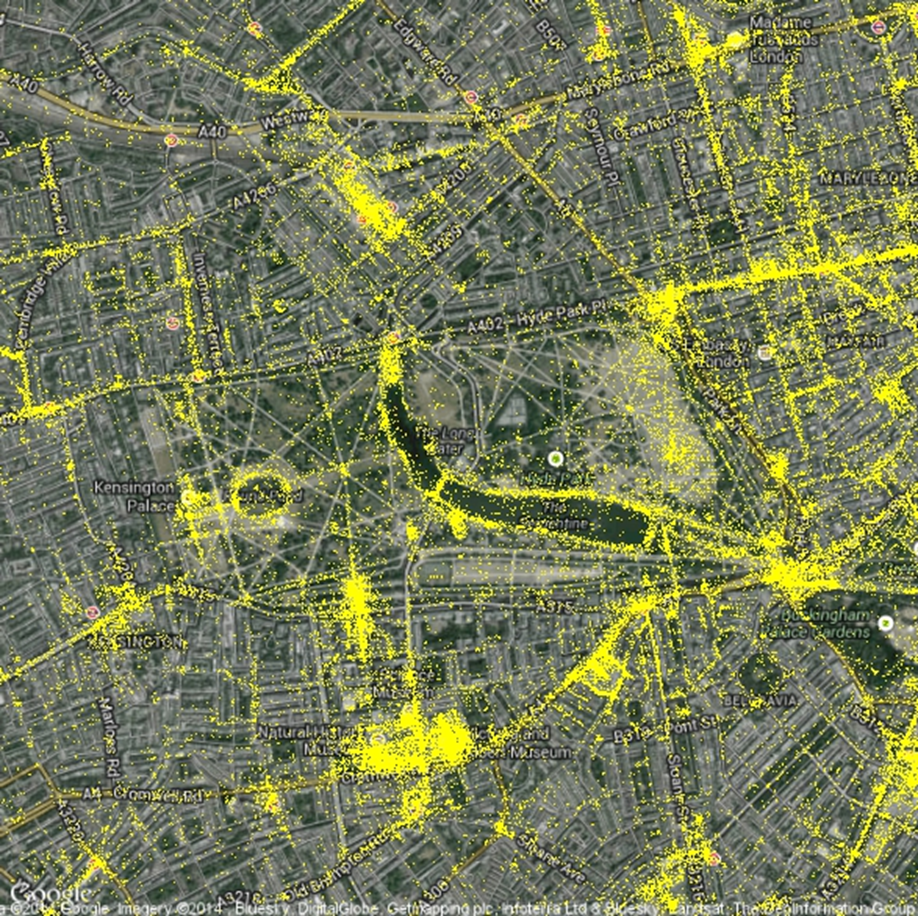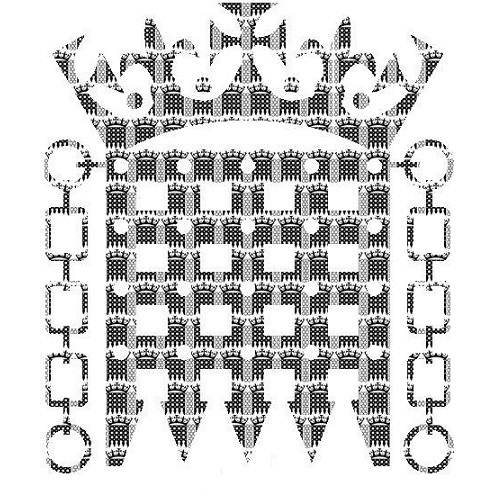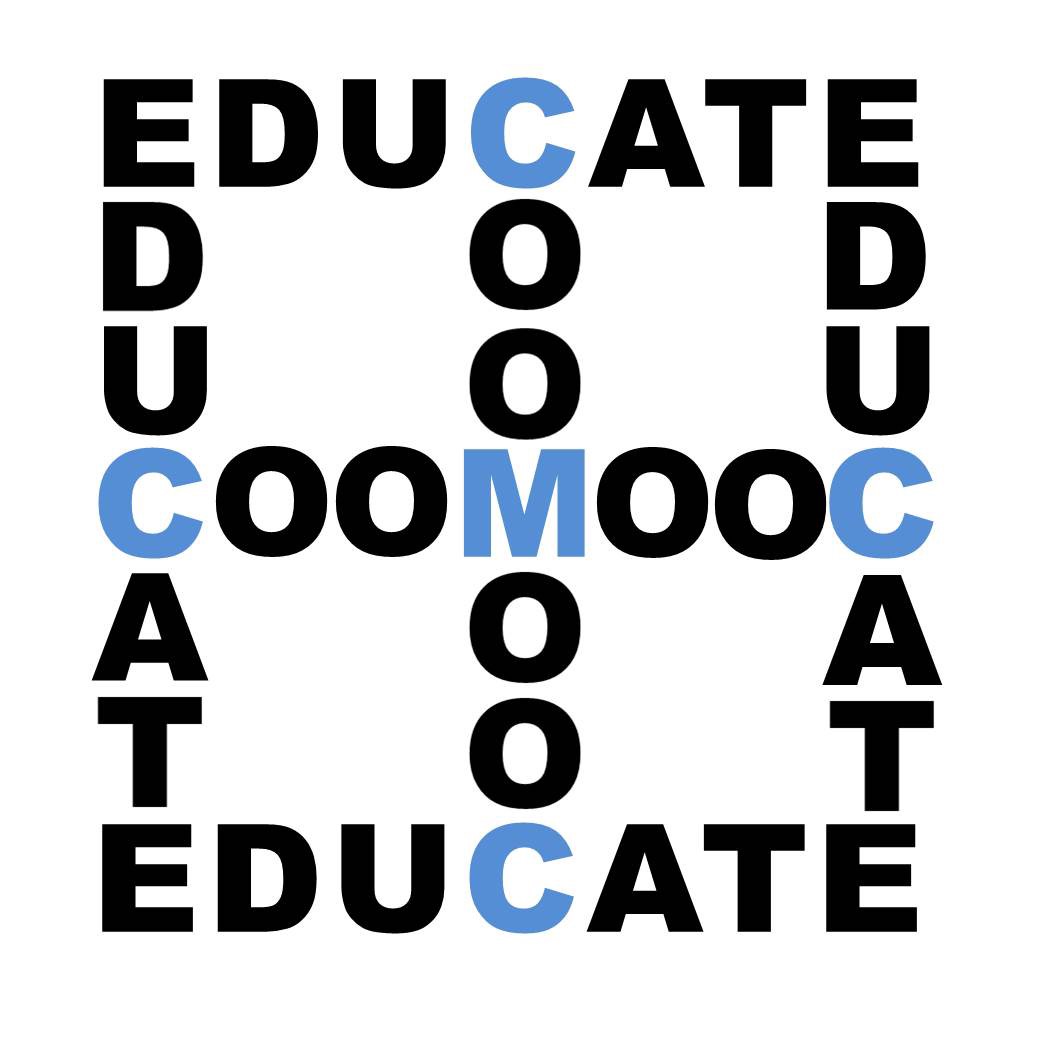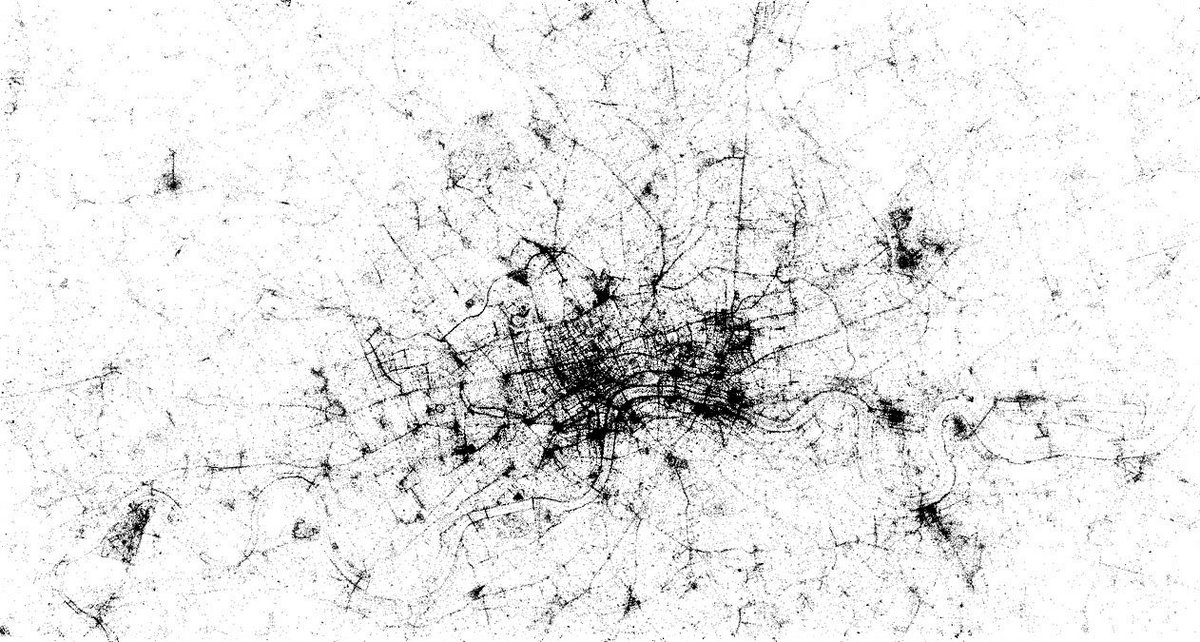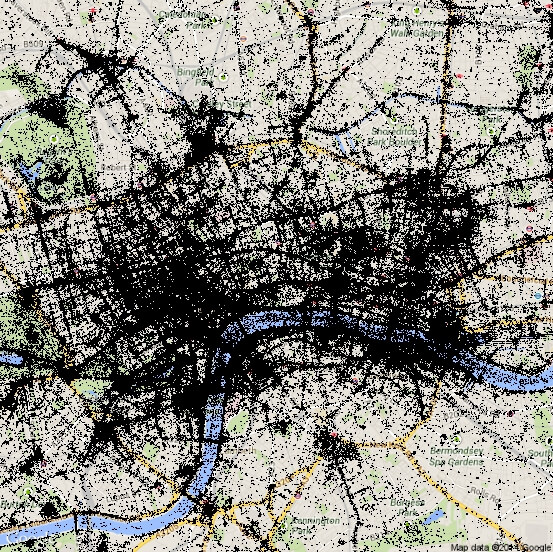
Fun Times: The UK's new business department
Neo - Starcadia by Gil Sherman and Lenka Della-Porta. Photograph John Davies. The UK is widely believed to have a business department, the Department for Business, Energy and Industrial Strategy (BEIS). However, something which has gone largely unnoticed is that slowly, but steadily, a new business department is emerging and one with a remit that threatens to overshadow the current incumbent. Once mocked as the Ministry of Fun, the Department for Digital, Culture, Media and Sport (DCMS) has been acquiring portfolio after portfolio....
